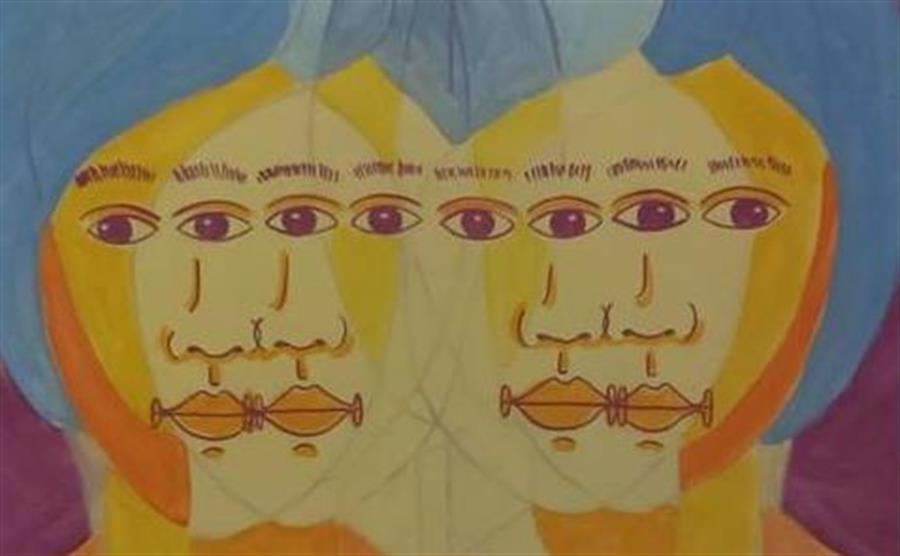
A year into the pandemic, Monique Choy’s comprehensive ArtsHub piece takes stock of the pandemic’s impacts on culturally diverse creatives. Australia’s creative sector is one of the hardest hit by COVID, and artists of colour, whose standing in arts industries is already precarious, have suffered disproportionately from lost work and increased racism.
The article features excellent insights from our director Lena Nahlous, Tina Zaman (Tight 5 Comedy), Rani Pramesti (Creatives of Colour AU), Görkem Acaroğlu (Metanoia Theatre), Maria Tran (Phoenix Eye Film Production Company) and our own Shifting the report.
“Artists and creatives of colour were already among the most vulnerable and under-represented members of the creative industry before COVID-19 hit,” writes Choy. “DARTS’ 2019 Shifting the Balance report found that half of Australia’s museums, music and opera companies, screen organisations and theatre companies have no CALD representatives in their leadership teams.
CALD artists simply don’t get as much work – and then they started losing it.”
“After this maelstrom of forces – financial, personal and political – where have creatives of colour landed? Diversity Arts Australia has just launched the second in its series of ‘Lost Work’ surveys investigating these impacts, but feedback from the industry so far has revealed a fairly bleak picture.”Click here to read Monique’s article. She covers everything from mental health and financial impacts of COVID-19 to recent anti-racism movements such as Black Lives Matter (BLM).
Lost Work Survey
What kinds of support do culturally diverse creatives, organisations and businesses need in the wake of anti-racism movements like BLM? If you or your organisation has lost work, please have your say.
Shifting the balance
As stated by Choy, creatives of colour are among the most vulnerable and under-represented members of the creative industry. In February 2018, Diversity Arts Australia collected data on levels of representation of culturally and/or linguistically diverse (CALD) Australians in leadership positions within the country’s major arts, screen and cultural organisations. The results were bleak.
